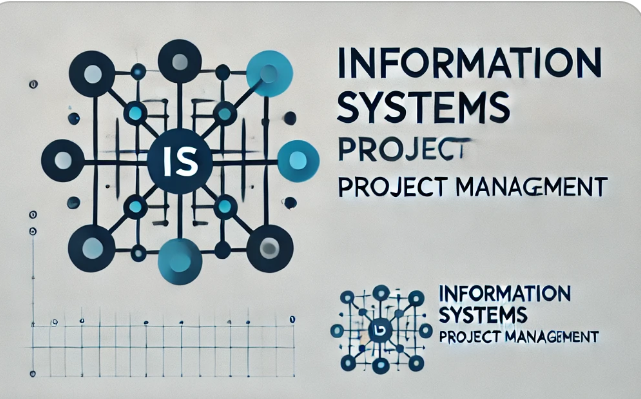Overview
Information Systems (IS) project management success is built on understanding the complex interplay between technical and organizational factors. Recent research shows that IS projects achieve higher success rates than commonly believed, with 52.1% reaching top performance levels. Unlike purely technical software development projects, IS projects are socio-technical endeavors that require careful consideration of both human and technological aspects. The key to success lies in recognizing that changes are normal and expected, with only 26.1% of successful projects completing exactly as initially planned. Understanding and managing these dynamics while maintaining focus on business value delivery is essential for project success.
Project Type Classification and Understanding
Socio-Technical Nature of IS Projects
IS projects differ fundamentally from pure software development initiatives in their scope and impact. The socio-technical nature of these projects requires careful consideration of both organizational and technological aspects. These projects involve implementing enterprise systems, improving business processes, and managing organizational change. The distinction is crucial because it affects how success is measured and achieved. Research shows that successful project managers recognize this dual nature and plan accordingly, incorporating both technical deliverables and organizational change management into their project approach.
Types of IS Projects
IS projects encompass a wide range of initiatives, from ERP implementations to business intelligence solutions. The research indicates that certain types of projects, such as Business Intelligence implementations and ERP module implementations, show higher success rates. This success is often attributed to their more focused scope and clear business objectives. Understanding the specific type of IS project helps in applying appropriate management strategies and success metrics.
Project Complexity Management
Managing project complexity requires breaking down large initiatives into manageable components. Successful organizations often implement a modular approach to large-scale IS projects, allowing for better control and higher success rates. This approach enables teams to deliver value incrementally while maintaining overall project coherence. Evidence shows that projects with well-defined modules and clear interfaces between components have higher success rates.
Project Management Methodology and Framework
Formal Methodology Adoption
Success in IS project management correlates strongly with the adoption of formal project management methodologies. The research indicates that 37.4% of successful organizations align with PMBOK guidelines. This structured approach provides a framework for planning, executing, and monitoring projects while maintaining flexibility for necessary changes. Formal methodologies help organizations standardize their project management practices and improve project outcomes.
Tools and Techniques
Successful IS project management relies heavily on appropriate tool selection and utilization. The study reveals that 51.4% of successful projects used MS Project, indicating the importance of proper project management tools. These tools support planning, tracking, and reporting activities, enabling better decision-making and project control. The selection of appropriate tools should align with the organization’s methodology and project needs.
Change Management Integration
Effective change management is crucial for IS project success. The research shows that successful projects incorporate change management principles from the outset. This integration helps organizations manage the human aspects of technology implementation, ensuring better adoption and ultimately, project success. Change management activities should be planned and executed alongside technical implementations.
Professional Expertise and Team Capability
Project Manager Qualifications
The success of IS projects is significantly influenced by project manager qualifications and experience. The research indicates that 93.5% of successful project managers held graduate or postgraduate degrees, and 65.4% had professional certification. This educational background, combined with practical experience, enables better project planning and execution. Continuous professional development is crucial for maintaining and improving project management capabilities.
Team Composition and Skills
Successful IS projects require well-balanced teams with both technical and business expertise. The research suggests that teams should include members with varied backgrounds and complementary skills. This diversity enables better understanding and management of both technical and organizational aspects of the project. Team capability development should be an ongoing priority for organizations undertaking IS projects.
Experience and Knowledge Management
Project success correlates strongly with experience levels, with 58% of successful project managers having more than 10 years of experience. Organizations should focus on knowledge retention and sharing to leverage this experience effectively. Establishing mechanisms for capturing and sharing project management knowledge helps improve overall organizational project management capability.
Information is pulled from the report, Information systems project management success
Additional Resources:
- Project Management Institute: https://www.pmi.org
- International Project Management Association: https://www.ipma.world
- Digital Project Manager: https://www.thedigitalprojectmanager.com
- Sooner Standards: https://www.teacherspayteachers.com/Store/Sooner-Standards
- Association for Project Management: https://www.apm.org.uk
Cross Platform LinkedIn

